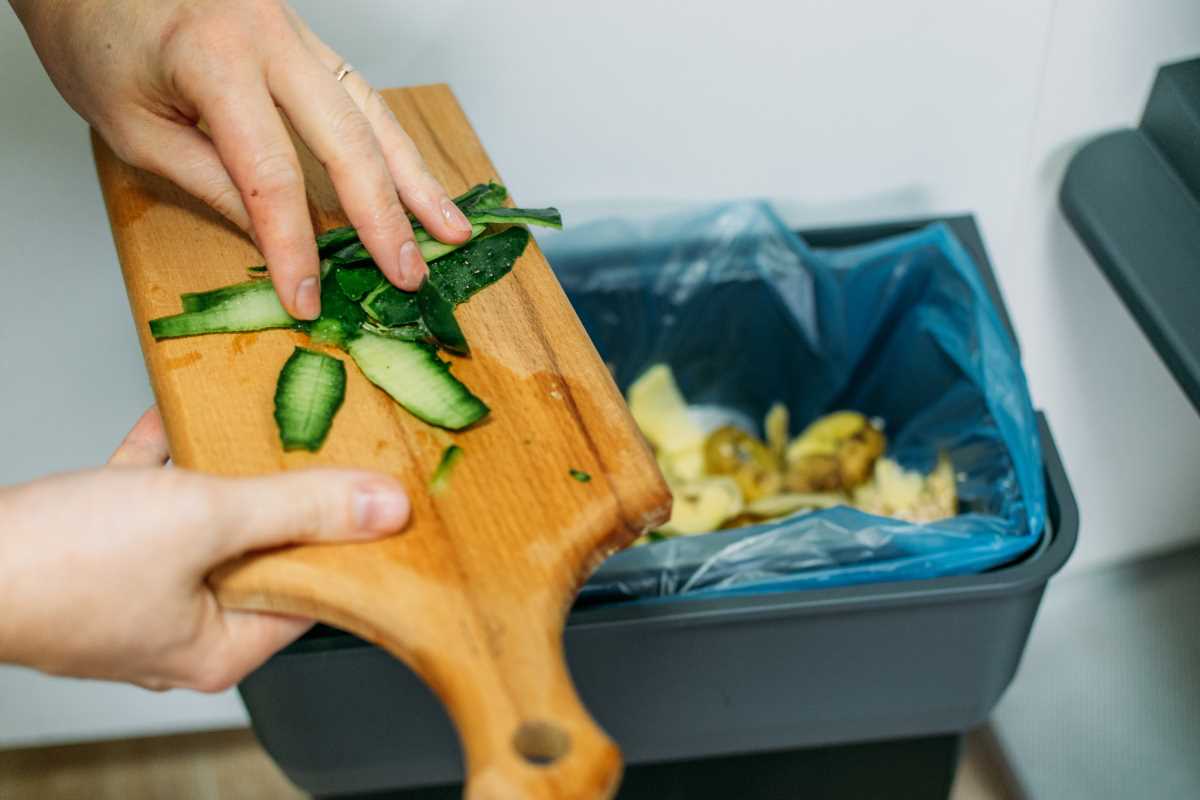Experiencing the vast array of global cuisines offers much more than mere pleasure for your taste buds; it opens doors to a deeper appreciation of the cultures and traditions around the world. Every dish brings a narrative to life, mirroring the history, landscape, and principles of its creators. For those who care about sustainability, diving into international flavors allows you to connect with environmentally conscious practices that respect both cultural heritage and our planet. Join us on a culinary journey that not only excites your senses but also promotes a more sustainable and thoughtful approach to travel.
Exploring Culinary Traditions Across the Globe
Traveling through the world’s kitchens reveals an array of culinary traditions, each with its own distinct flavors and techniques. Here are some regions and their unique culinary specialties:
- Italy: Renowned for its pasta dishes and artisanal cheeses, Italian cuisine emphasizes fresh, high-quality ingredients and simple preparations.
- Japan: Japanese food earns celebration for its precision and presentation, featuring dishes like sushi, ramen, and seasonal sashimi that highlight delicate flavors.
- Mexico: With vibrant spices and rich ingredients, Mexican cuisine offers a diverse range of dishes such as tacos, mole, and tamales, deeply rooted in indigenous traditions.
- Thailand: Thai food stands out for its balance of sweet, sour, salty, and spicy flavors, evident in classics like pad thai, green curry, and tom yum soup.
- Mediterranean: This region boasts a healthy array of dishes that incorporate olive oil, fresh vegetables, and lean proteins, including Greek salads, hummus, and grilled fish.
Sustainable Food Practices in Global Cuisine
Embracing sustainability in your culinary adventures ensures that your exploration of flavors contributes positively to the environment. Here are some sustainable practices found in different cuisines:
- Farm-to-Table Movement: Many cuisines prioritize sourcing ingredients locally and seasonally, which reduces the carbon footprint associated with food transportation. Restaurants often collaborate with local farmers and producers to ensure freshness and sustainability.
- Zero-Waste Kitchens: Chefs adopt techniques to minimize food waste by utilizing every part of an ingredient. This includes repurposing vegetable scraps into stocks or creating innovative dishes from leftover ingredients.
- Organic and Biodynamic Farming: Organic farming avoids synthetic fertilizers and pesticides, promoting healthier ecosystems. Biodynamic farming takes this a step further by incorporating holistic practices that enhance soil health and biodiversity.
- Plant-Based Cuisine: Increasingly popular, plant-based diets reduce reliance on animal products, which can be resource-intensive. Many traditional cuisines offer hearty, flavorful vegetarian and vegan options that are both sustainable and delicious.
- Supporting Artisanal Producers: By choosing handcrafted and small-batch products, consumers support sustainable livelihoods and reduce the environmental impact of mass-produced goods.
Benefits of a Culinary Adventure
Engaging in a culinary adventure provides numerous personal and cultural benefits that extend beyond enjoying delicious meals. Here’s how it enriches your life:
On a personal level, tasting diverse cuisines broadens your palate and enhances your cooking skills. You learn new techniques, ingredients, and flavor combinations that inspire creativity in your own kitchen. The memories created while sharing meals with locals and fellow travelers build a deeper connection to the places you visit.
Culturally, exploring global cuisines promotes understanding and appreciation of different traditions and lifestyles. It breaks down barriers by highlighting commonalities and celebrating differences, creating a sense of global community. This cultural exchange encourages respect and empathy, essential components for a more harmonious world.
Eco-Friendly Travel Tips for Food Lovers
For those passionate about both food and the environment, adopting eco-friendly travel practices ensures that your culinary adventures remain sustainable. Here are some practical tips to minimize your environmental impact:
- Choose Eco-Friendly Accommodations: Select hotels and lodgings that prioritize sustainability through energy-efficient practices, waste reduction, and sourcing local products.
- Use Reusable Containers: Bring your own containers, utensils, and water bottles to reduce single-use plastics. This simple habit significantly cuts down on waste generated during your travels.
- Support Sustainable Restaurants: Dine at establishments that emphasize local, organic, and sustainably sourced ingredients. Look for certifications or inquire about their sustainability practices when choosing where to eat.
- Minimize Transportation Emissions: Opt for public transportation, biking, or walking to explore culinary hotspots. When possible, use rideshare services or electric vehicles to further reduce your carbon footprint.
- Respect Local Food Cultures: Engage with local food traditions respectfully by learning about their practices and supporting authentic eateries. This approach not only enriches your experience but also helps preserve culinary heritage.
Embark on a culinary adventure that aligns with your eco-conscious values, ensuring your passion for food contributes to a sustainable future. By embracing these practices, you savor the world’s global flavors while protecting the environment for generations to come.
Embarking on a culinary journey allows exploration of diverse cultures while supporting sustainability. Mindful choices offer flavorful experiences that respect both tradition and the environment.







